One hour with: Carla Yuen
Meet AGO Strategy Director Carla Yuen: Born and bred New Yorker, steadfast environmentalist, collector of scent memories, and connoisseur of Asian convenience store snacks.
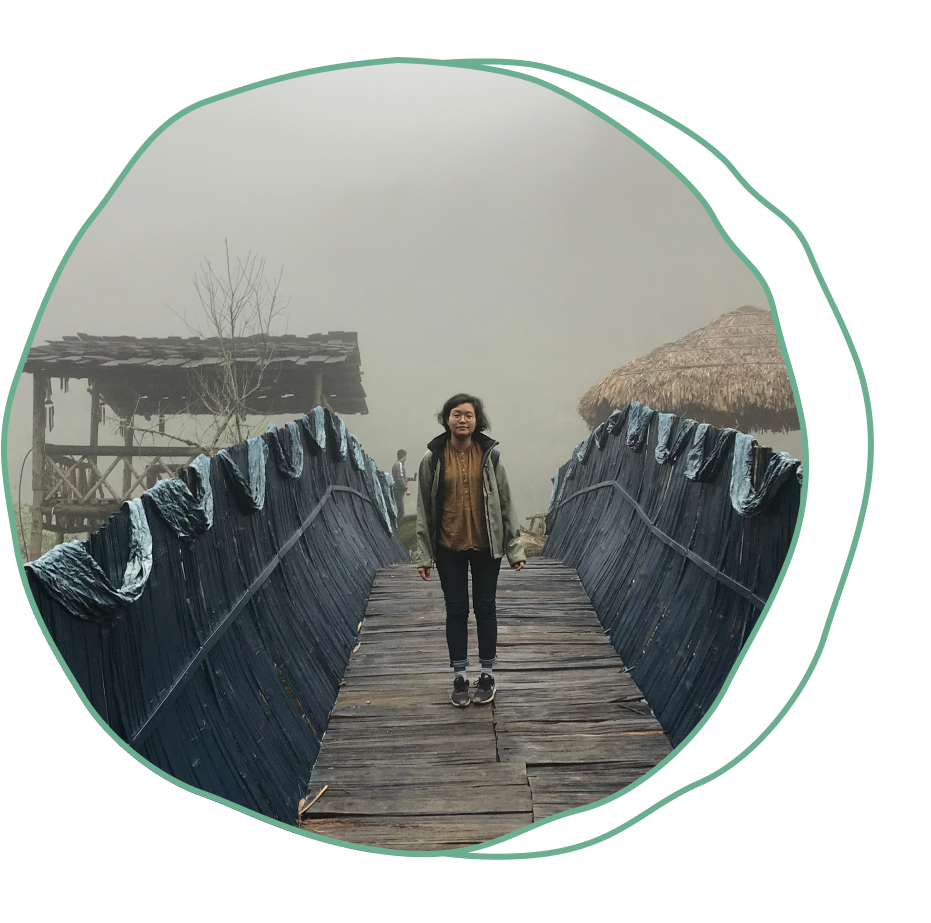
AGO exists to help remarkable nonprofits grow and succeed. In order to do this, we first have to get under the hood, so to speak, to understand how everything works. What’s the organization’s story, and how do they tell it? How are they structured? What is their cause, and how do they advocate for it? How do projects and campaigns ladder back up to the mission? And, most importantly, how can we help them do all of those things more effectively?
Enter AGO Strategy Lead Carla Yuen—a strategist, researcher, and compelling evidence-based storyteller. She goes deep with the clients to figure out how everything works, articulate the big picture, and come up with exciting creative solutions to sticky problems. We love the rigor that she brings to her work, and the empathy. We also love the way her design background uniquely prepares her to connect the dots between insights and outputs, research and design. Carla is amazing at translating to, advocating for, and workshopping with designers. She writes creative briefs like a person who’s been on the receiving end of them, because she has been.
Following are some things you might like to know about Carla, including what she was doing before AGO, why she thinks New York City is the best city in the world, and what she likes about the indie game scene.
What's your favorite thing about working at AGO?
Before AGO, I had the idea that these hero-type people do nonprofit work. I never humanized them. Like, Paul Hawken is a figure in history—this activist who was captured by the KKK and had to get rescued—but he’s also a real person who gets really hungry in between meetings. Same with our clients in Southeast Asia. I see Noi Noi making coffee in the morning and she shows off her cool old-fashioned coffee maker, and then she rushes off to get someone psychiatric help after the traumatic situation they were just rescued from. She does all this incredible and important work, but she's also really into coffee. It helps me understand that anyone can do this work. They are special people, but it doesn’t require special abilities. Everyone has the capacity. Everyone can do more.
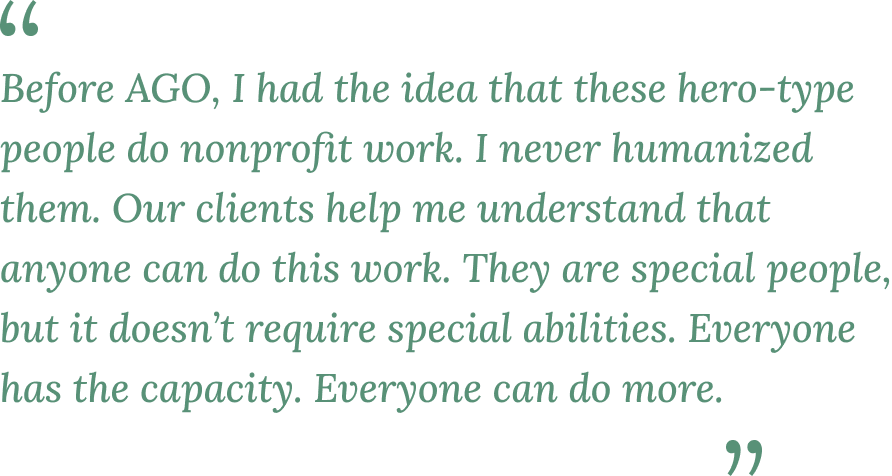

Q: Has that had any kind of real-life impact on you?
It’s made my life a lot richer. I feel like I know people in my neighborhood, and the difference I see on the street every day keeps up my energy for longer-term policy initiatives.
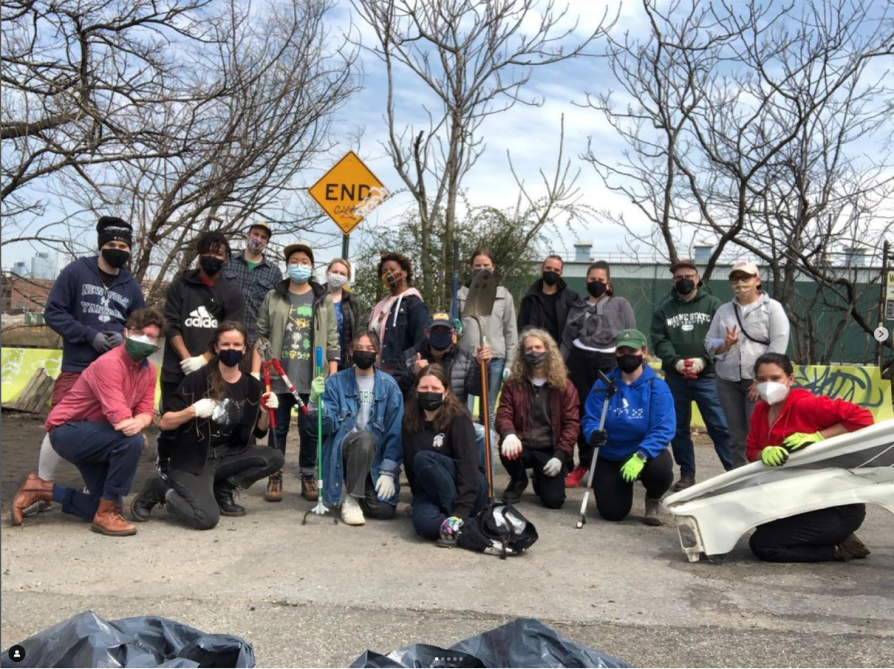

Q: What led you to AGO?
I’ve always been looking for meaningful work, and I came to a point where I was tired of trying to sell people more stuff. I wasn’t seeing change, or not seeing it fast enough.
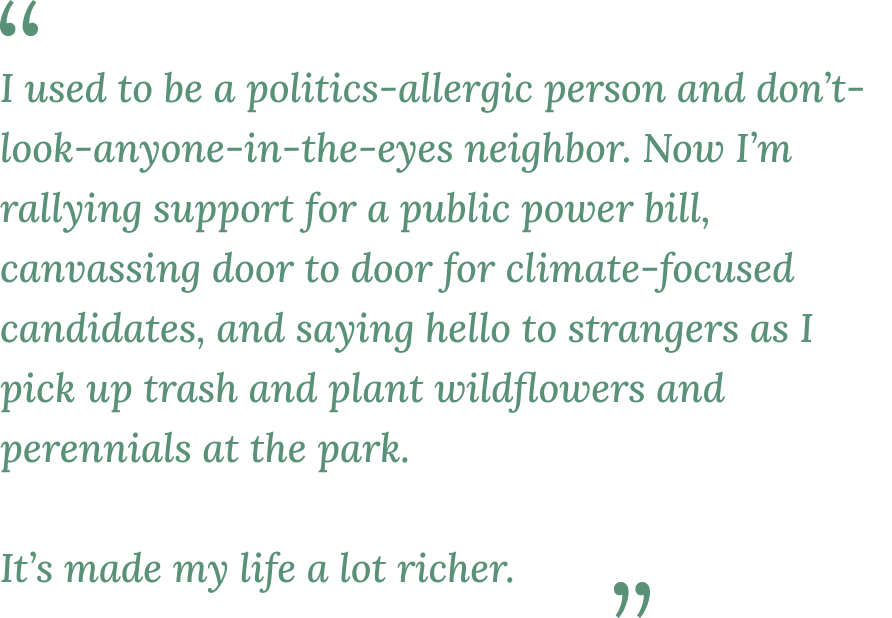

Q: What project do you feel closest to at AGO? What are you most proud of?
Q: Do you still like to draw trees?
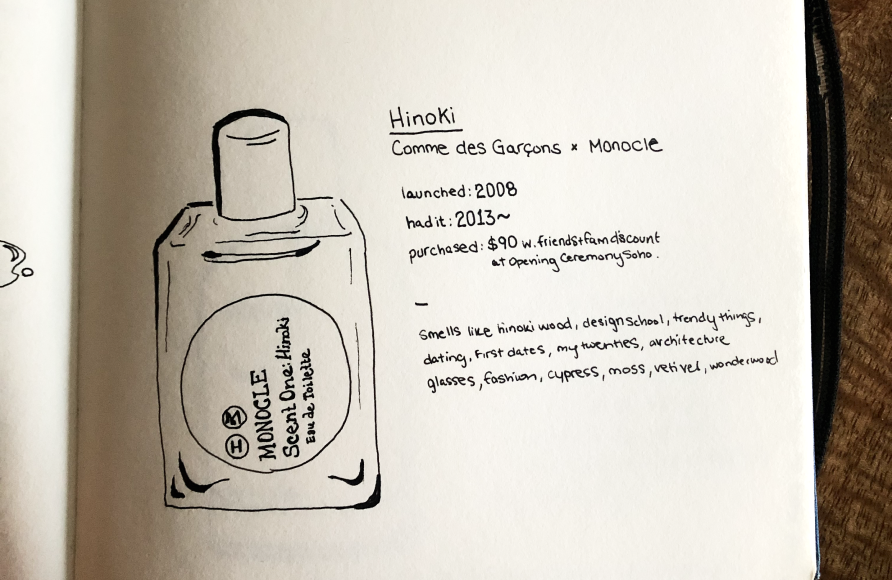

Q: Tell us about where you're from. How does your upbringing inform the person you are today and the work you do?
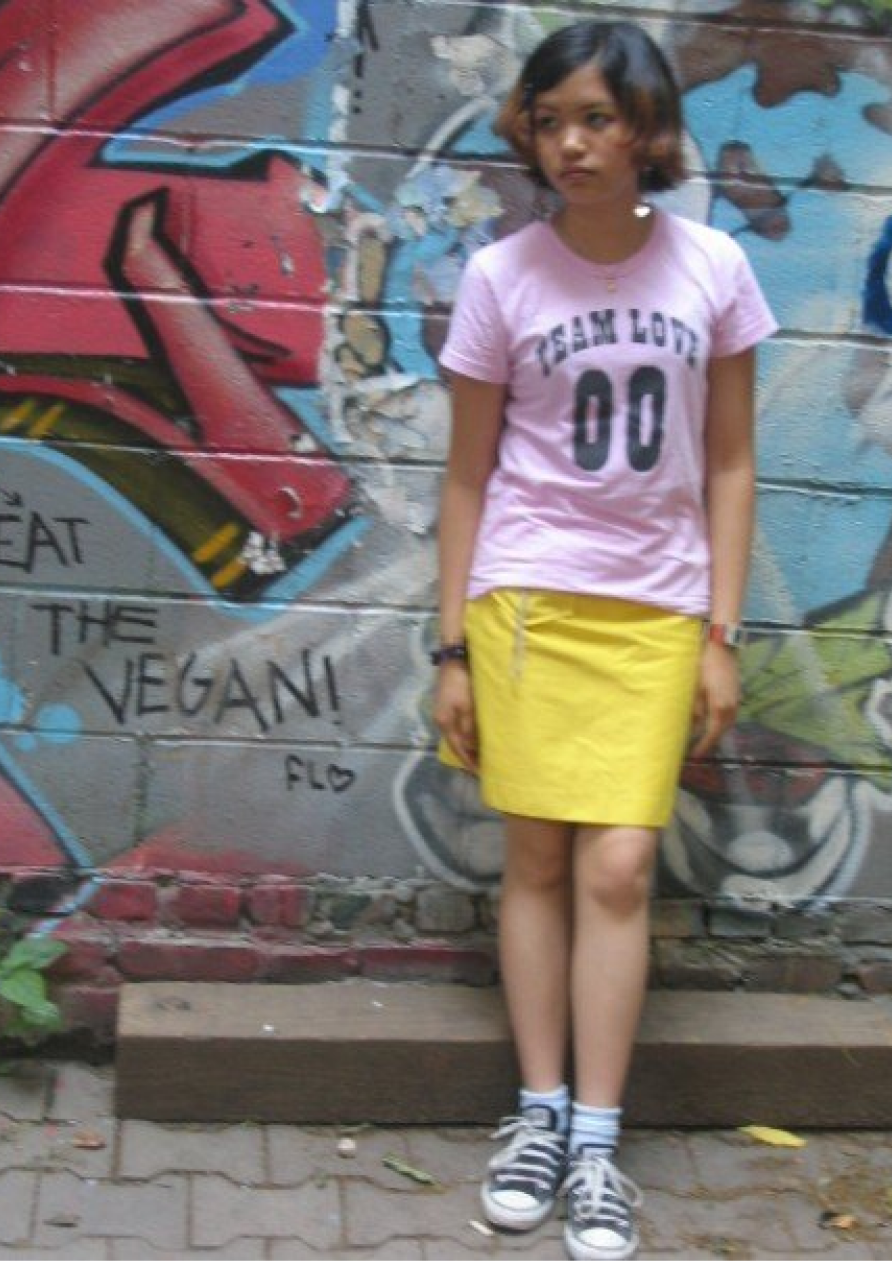

Q: Is New York the greatest city in the world?
Few places have the level of diversity and hardship that I've seen in New York. I think people are able to do incredible things because of that and in spite of it. The fact that New York isn't just tearing itself apart every day is pretty cool. It feels like the front of a really big experiment to see if we can all get along together.
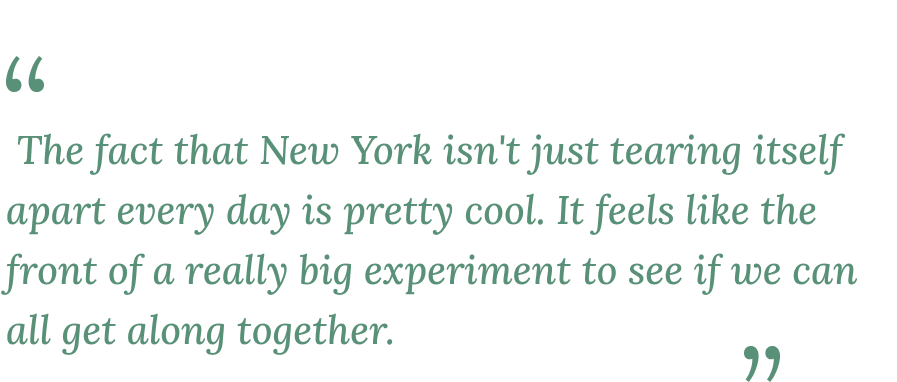

Q: What are your interests outside of work?
Lately I've gotten into the indie game scene. There are all of these very cool games that feel more like art. They take you through an experience, or have something really profound to say. Like a really good indie film, but interactive. A future dream would be to come up with a really cool game solution to something like climate or social justice.
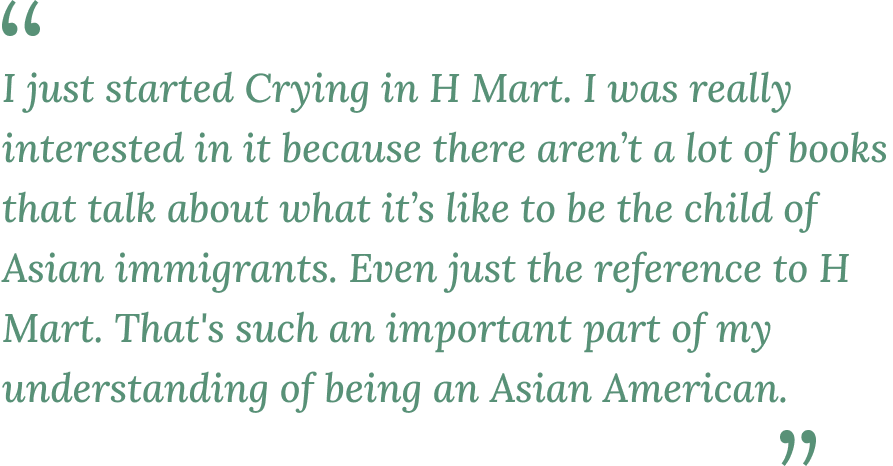

Q: Are you reading any good books?
It’s a trope, but immigrant parents don't talk about their backgrounds very often. My dad and I took a trip a couple of years ago to China and Hong Kong. I had never been there with him before. We walked down his childhood street—it had been like 40 years since he'd been there—and he tells me this word that I can't remember. But it was something about a heartbreaking, missing feeling. Basically he said the reason he hadn’t come back is because he didn't want to see the life that he could have lived if he had stayed. What would have been.
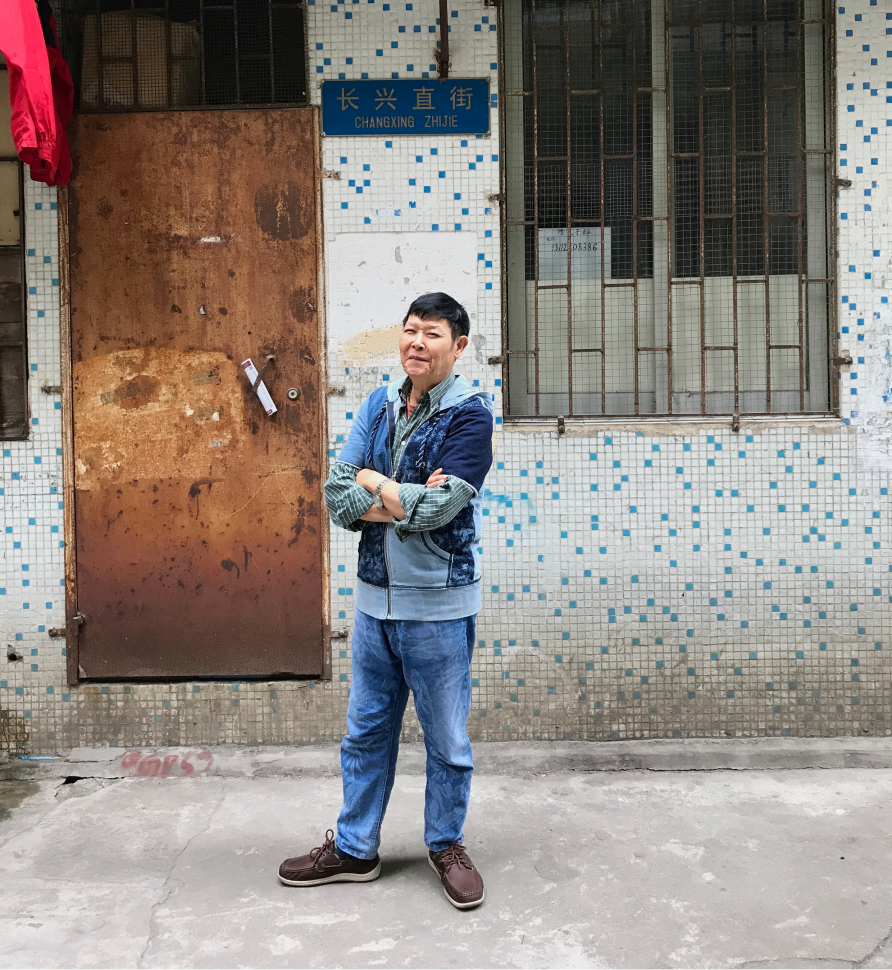

Q: What would people be surprised to know about you?
I had this small group of friends and we entered this reality show. It ended up being a disaster, and we didn't talk to each other afterward. I will not say the name of the show, because it's very embarrassing.
(To those friends: I’m so sorry!)
Sign up for our lightweight newsletter
Insights and resources for important work